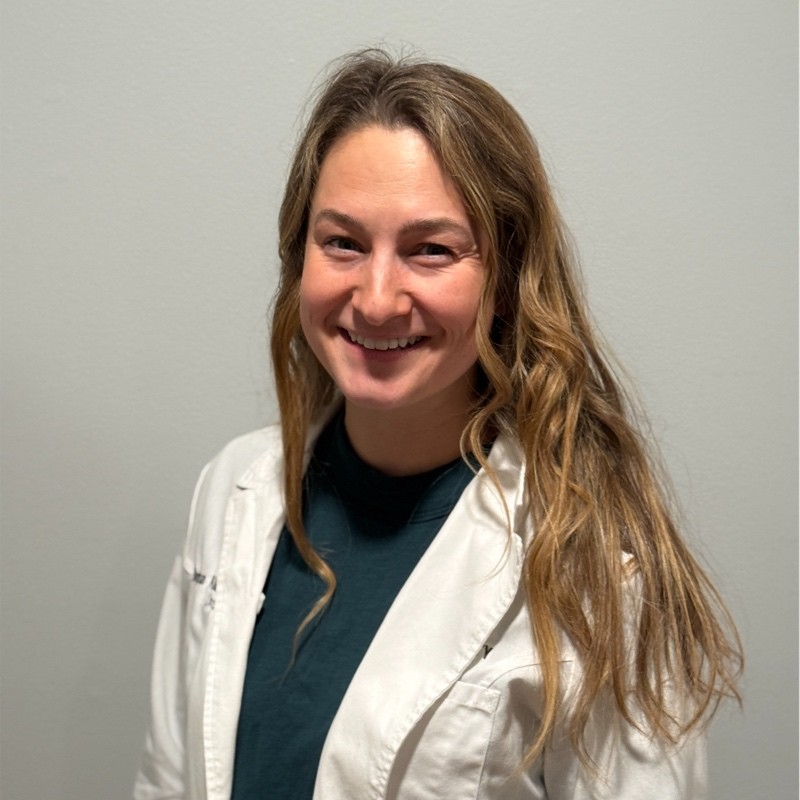Medically Reviewed by Dr. Meghan Killilea Galli — HealthGardeners
If you’ve recently had a Pap smear in Hartford and noticed cramping afterward, you’re not alone. Many women experience mild discomfort following this common screening test. A Pap smear is a quick and essential procedure used to detect abnormal cervical cells, including atypical squamous cells of undetermined significance (ASC-US) or more concerning findings like LSIL Pap results. While the test itself only takes a few minutes, it can sometimes leave patients with questions about cramping, spotting, or how long results will take.
In this post, we’ll cover why cramping happens after a Pap smear, what’s normal versus when to call your provider, how to prepare for your next test, and answers to common questions local Hartford patients often ask.
Why Does Cramping Happen After a Pap Smear?
During a Pap smear, a healthcare provider uses a Pap smear tool (speculum) to gently open the vaginal walls and collect cervical cells with a soft brush or spatula. This scraping or brushing can cause minor irritation, leading to:
-
Mild cramping or pressure (similar to period cramps)
-
Light spotting for a day or two
-
Temporary pelvic discomfort
These side effects are usually short-lived and should resolve within 24–48 hours.
If pain or cramping lasts longer, becomes severe, or is accompanied by fever, heavy bleeding, or foul discharge, you should contact your Hartford healthcare provider immediately.
How to Prepare for a Pap Smear
Preparation can make the test more comfortable and improve accuracy of results. Follow these steps:
-
Avoid sexual intercourse before a Pap smear (ideally 24–48 hours prior). Intercourse can cause irritation and alter cervical cell samples.
-
Don’t use vaginal creams, douches, or tampons for 48 hours before the test.
-
Try to schedule your Pap smear outside of your period if possible.
-
Relax your pelvic muscles during the exam to reduce discomfort.
💡 Many Hartford patients ask: “Can you have sex before a Pap smear?” — Technically yes, but it may affect the accuracy of your results, so it’s best to avoid.
What Do Abnormal Pap Smear Results Mean?
Hearing you have an abnormal Pap smear can be stressful, but it doesn’t always mean cancer. Common findings include:
-
Atypical Squamous Cells of Undetermined Significance (ASC-US): Minor changes, often due to inflammation or HPV.
-
LSIL (Low-Grade Squamous Intraepithelial Lesion): Mild abnormalities, usually linked to HPV.
-
Epithelial Cell Abnormality but HPV Negative: Sometimes inflammation, hormonal changes, or benign causes.
Your provider may recommend repeat testing, HPV testing, or further evaluation with colposcopy.
How Long Do Pap Smear Results Take in Hartford?
One of the most common patient questions is:
-
How long does it take to get Pap smear results?
-
Typically, 3–7 days in most Hartford clinics.
-
-
How long for Pap results in a hospital or busy clinic?
-
Sometimes up to 2 weeks depending on lab volume.
-
So if you’re wondering “how long do Pap results take?”, the short answer is less than two weeks in most cases.
Cramping and Pain After Pap Smear: What’s Normal?
It’s common to feel:
-
Mild cramping after a Pap test
-
A sense of pressure in the lower abdomen
-
Light spotting for a day or two
You should call your provider if you experience:
-
Severe or worsening pain
-
Heavy vaginal bleeding (similar to or heavier than a period)
-
Fever or chills
-
Unusual vaginal discharge
Sex and Pap Smears: Before and After
Another frequent concern is sexual activity.
-
Before the test: Avoid sex 24–48 hours before to ensure clear cytology results.
-
After the test: Yes, you can usually have sex after a Pap smear, but many providers recommend waiting 24–48 hours if you are experiencing cramping, spotting, or discomfort.
Can You Get Pap Smears at Urgent Care in Hartford?
While urgent care centers in Hartford are great for urgent care physical exams, walk-in physicals, and sometimes even sports physicals, Pap smears are usually done by OB/GYNs, women’s health clinics, or primary care providers.
If you need a Pap smear quickly, check with your local Hartford women’s health clinic, Planned Parenthood, or primary care office for same-week appointments.
Cramping After Pap Smear vs. Other Conditions
It’s important to know when cramping may be unrelated to the test. Other causes include:
-
Ovulation or menstrual cycle changes
-
Urinary tract infections
-
Pelvic inflammatory disease
-
Endometriosis or other gynecologic conditions
If your cramping doesn’t improve, schedule a follow-up with your Hartford provider.
Local Resources: Where to Get a Pap Smear in Hartford
If you’re searching “where can I get a Pap smear near me” or “Pap smear tool Hartford clinic”, here are common options:
-
Primary Care Providers in Hartford
-
OB/GYN Specialists
-
Community Health Clinics
-
Women’s Health Centers
Many clinics in Hartford offer affordable Pap tests, with some locations even providing low-cost or free Pap smears for those who qualify.
Key Takeaways for Hartford Patients
-
Mild cramping after a Pap smear is normal and temporary.
-
Avoid sex, tampons, or vaginal creams before the test for accurate results.
-
Abnormal Pap smear results don’t always mean cancer; many changes are minor.
-
Results usually take 3–10 days, depending on the clinic.
-
Call your provider if cramping becomes severe or persistent.
Final Word
For Hartford patients, a Pap smear is an important preventive tool for detecting early changes that could signal cervical cancer. While mild cramping after a Pap smear is common, knowing what’s normal can help you feel more at ease. Always discuss any concerns with your provider so you can get the reassurance and care you deserve.
If you’re in Hartford and searching “where to get a Pap smear near me”, reach out to your local OB/GYN, primary care office, or women’s health clinic today. Early detection saves lives.
Disclaimer: This is informational content, not a substitute for professional medical advice.

Meghan Killilea Galli, APRN, FNP-BC, is a Connecticut-based board-certified Family Nurse Practitioner with over 5 years of experience in urology, women’s pelvic health, and primary care. She practices with Hartford HealthCare and Griffin Faculty Practice Plan and founded Health Gardeners to share reliable, evidence-based health information.
Read More
